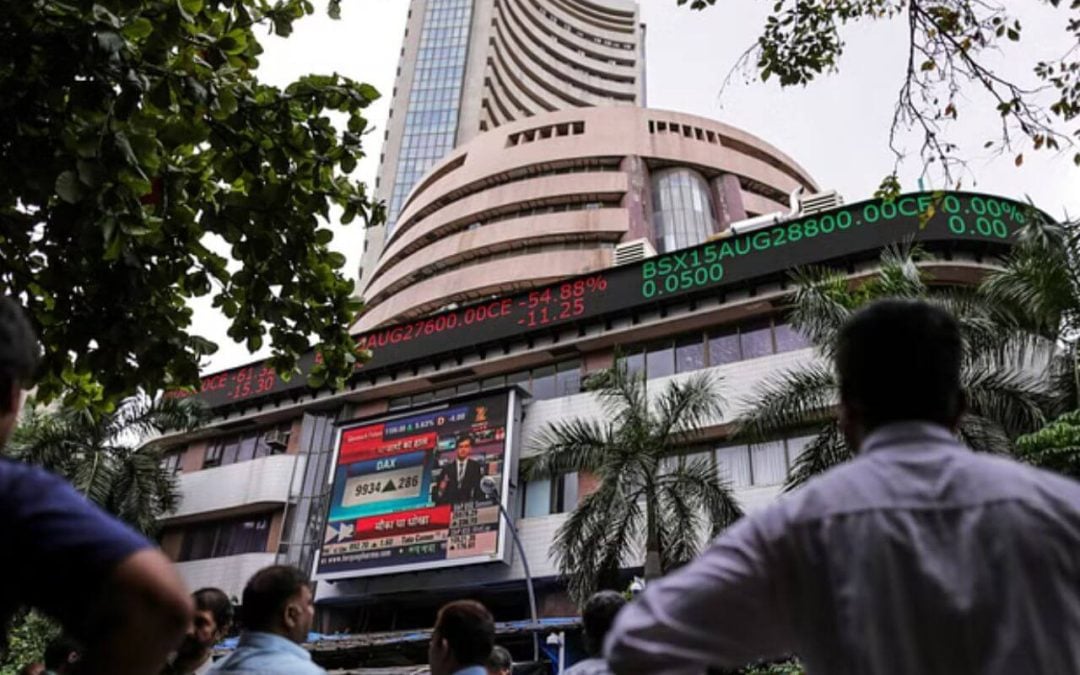The Securities and Exchange Board of India (SEBI) has set a minimum public shareholding requirement for companies listed in India. According to the SEBI (Listing Obligations and Disclosure Requirements) Regulations of 2015, listed companies must maintain a minimum public shareholding of 25%. Companies are expected to achieve this within a specified timeframe from their listing date.
While SEBI initially provided a three-year window for listed companies to achieve the 25% minimum public shareholding, it has relaxed this rule for privatized state-run companies, granting them additional time to meet the requirement.
Specifically, five public sector banks, namely the Central Bank of India, Indian Overseas Bank, Bank of Maharashtra, UCO Bank, and Punjab & Sind Bank, have been given an extension until August 2024 to comply with the 25% MPS norm.
These banks can reduce the government’s stake through methods such as follow-on public offerings or Qualified Institutional Placements.
Here are two banking PSU stocks that are likely to raise funds by selling shares to institutional investors
Bank of Maharashtra
Bank of Maharashtra Ltd is a Mid-cap company with a market capitalization of Rs 46,248 crores. On Thursday, the company’s shares were trading at Rs 64.67 per share, up 0.06 percent from the previous close price.
Bank of Maharashtra is a Public Sector Bank (PSB) in Maharashtra that offers personal banking, cash management, retail loans, and other financial services.
Bank of Maharashtra plans to raise Rs 5,000 crore through a Qualified Institutional Placement (QIP), selling shares to eligible institutional investors, as reported by CNBC TV 18.
In the fiscal year 2023-24, the Government of India’s stake in the bank decreased from 90.97% to 86.46% after the bank raised Rs. 1000 crore through a fully subscribed QIP.
As of the March quarter of 2024, the bank’s promoter holding stands at 86.46%, with retail investors holding a 7.80% stake in the company.
Over the past six months, Bank of Maharashtra shares have surged by 44% and by 140% over the past year. Meanwhile, the bank’s non-performing assets (NPA) have decreased from 0.25% in FY23 to 0.20% in FY24.
The Bank’s Net Interest Earned has climbed by 21.6 percent year on year, rising from Rs 4,495 crore in Q4FY23 to Rs 5,466 crore in Q4FY24. During the same period, net profit has increased by 45 percent from Rs 839 crore to Rs 1,217 crore.
Central Bank of India
Central Bank of India is a large-cap company with a market capitalization of Rs 55,532 crores. On Thursday, the company’s shares were trading at Rs 63 per share, up 0.17 percent from the previous close price.
Central Bank of India, a commercial bank, operates across several segments including Treasury Operations, Corporate/Wholesale Banking, Retail Banking, and other banking services.
The Treasury Operations segment encompasses activities such as trading in government securities, money market operations, and Forex transactions.
Recently, CNBC TV 18 reported that the Central Bank of India plans to raise Rs 2,000 crore through a Qualified Institutional Placement (QIP), targeting eligible institutional investors.
As of the March quarter of 2024, the bank maintains a promoter holding of 93.08%, with retail investors holding a 3.95% stake.
Over the last six months, the Central Bank of India’s shares have appreciated by 31%, and over the past 12 months, they have surged by 131%. Notably, the bank has managed to reduce its Non-Performing Assets (NPA) from 1.77% in FY23 to 1.24% in FY24.
Furthermore, the bank’s Net Interest Earned has seen a significant year-on-year increase of 16.5%, rising from Rs 7,171 crore in Q4FY23 to Rs 8,371 crore in Q4FY24. Concurrently, its net profit has also grown substantially by 45%, from Rs 575 crore to Rs 811 crore over the same period.
Written by Omkar Chitnis
Disclaimer

The views and investment tips expressed by investment experts/broking houses/rating agencies on tradebrains.in are their own, and not that of the website or its management. Investing in equities poses a risk of financial losses. Investors must therefore exercise due caution while investing or trading in stocks. Dailyraven Technologies or the author are not liable for any losses caused as a result of the decision based on this article. Please consult your investment advisor before investing.





